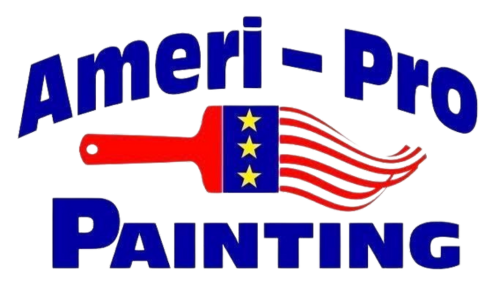What to Do When You Spill Paint
Have you ever been doing a painting project and in the blink of an eye managed to spill your paint? It can cause some major panic and distress but don’t worry! With the right knowledge and tools, virtually any paint mishap can be remedied — if you know how to do the proper clean-up.
First, you need to know the product you were working with — an oil or latex base. The product base will drastically change the clean-up solution.
If you are working with oil-based products, you are going to want to use mineral spirits such as paint thinner. First, scrape up any excess paint with a putty knife or similar tool, and then with a rag or a sponge dab up the mess. If you are dealing with latex paint, you are going to want to use warm water and possibly soap — the warmer the better. Repeat the process as you would with the oil base paint.
The only tricky part is dealing with the different surfaces you could possibly spill your paint onto and cleaning as quickly as possible. Time is crucial as the longer the paint sits, the more hardened it becomes, resulting in a higher possibility the stain could become permanent.
The most important part is applying the cleaner as quickly as possible even if that means putting water on the mess and then looking for any cleaning supplies. As for the different surfaces you could be dealing with, the method can vary.
For carpet you will probably require a heavy amount of your cleaner as you are dealing with the most porous possible surfaces. Lots of scrubbing will be required. If you are dealing with a serious spill and have a carpet cleaner handy, it could be your saving grace.
For stone, brick, and cement you will also probably want a lot of cleaner which may be more accessible since its a higher likelihood you are outside for these surfaces and you can grab your garden hose. If a rag doesn't cut it, grab yourself a wire brush (preferably plastic) and scrub the harder to clean areas right away. Be careful not to put too much elbow grease into it or you could be left with a bright streak on the surface when it all dries up.
If you are on hardwood, then you are dealing with the best-case scenario as the slippery surface is very hard for paint to cling onto and you may even want to let it dry and scrape up the drips with a putty knife later.
Paint spills can cause a lot of anxiety but the key is not to panic and quickly jump into action to clean it in the most effective way possible.
Ready to schedule an estimate? You can do that by scrolling down and filling out the form!
